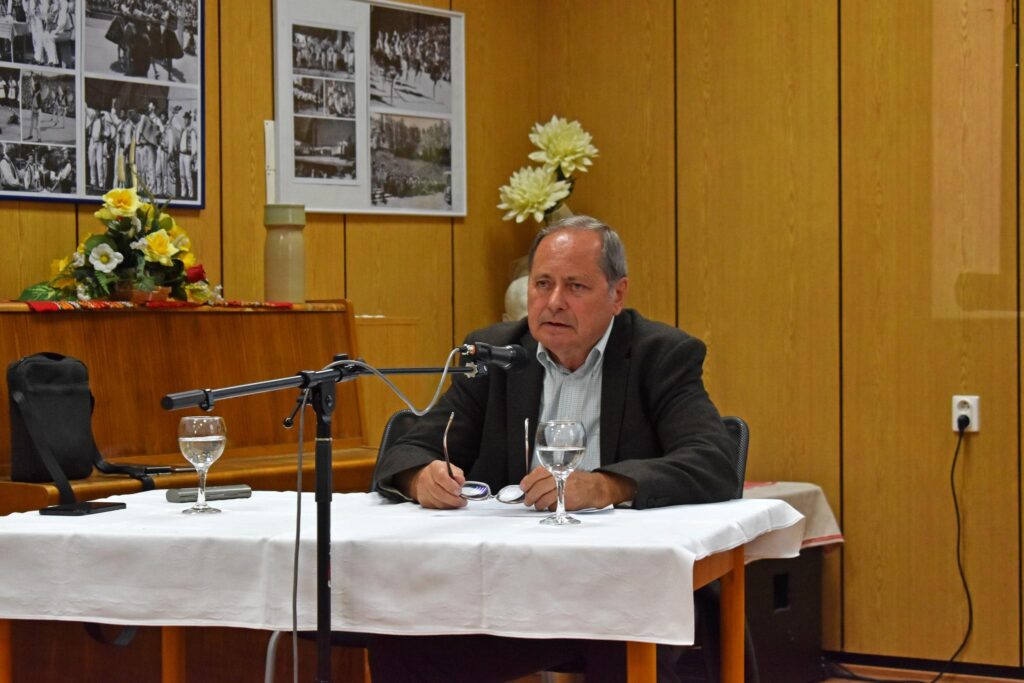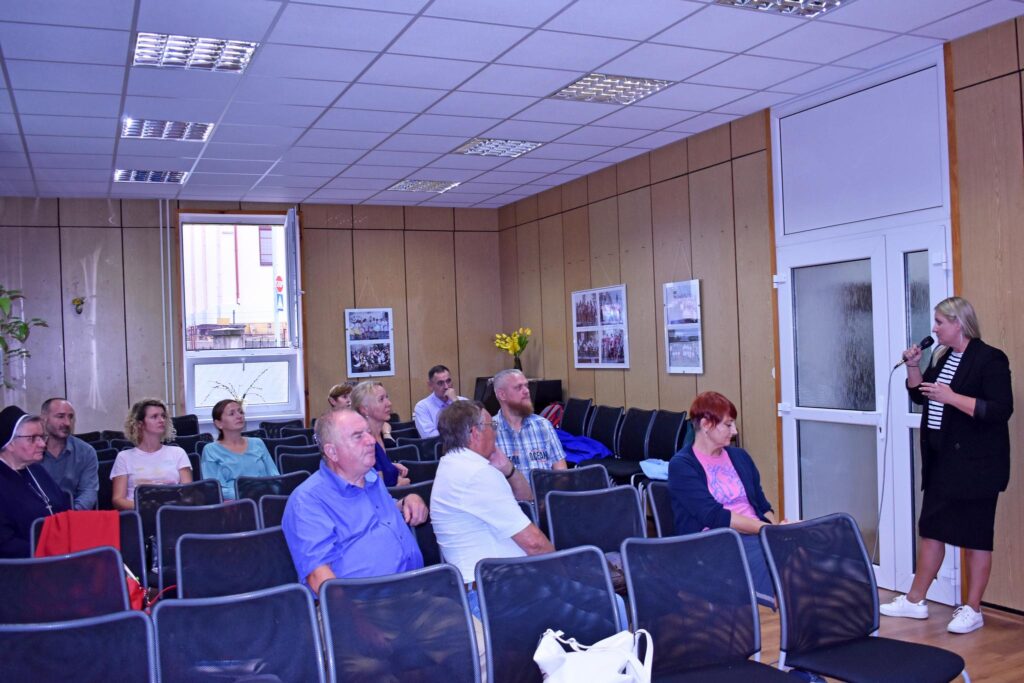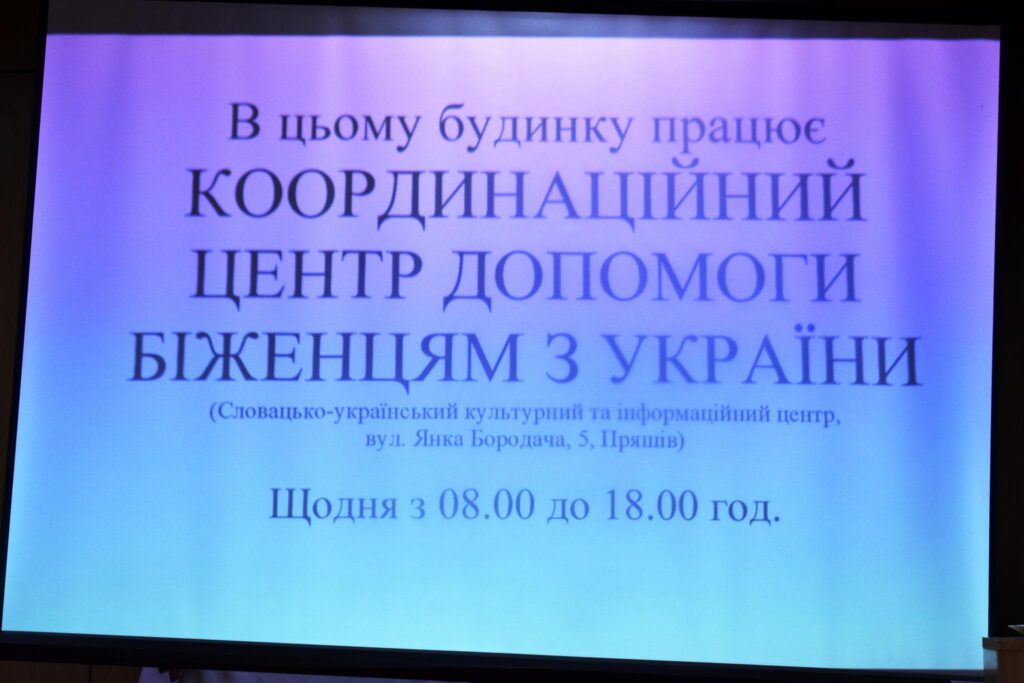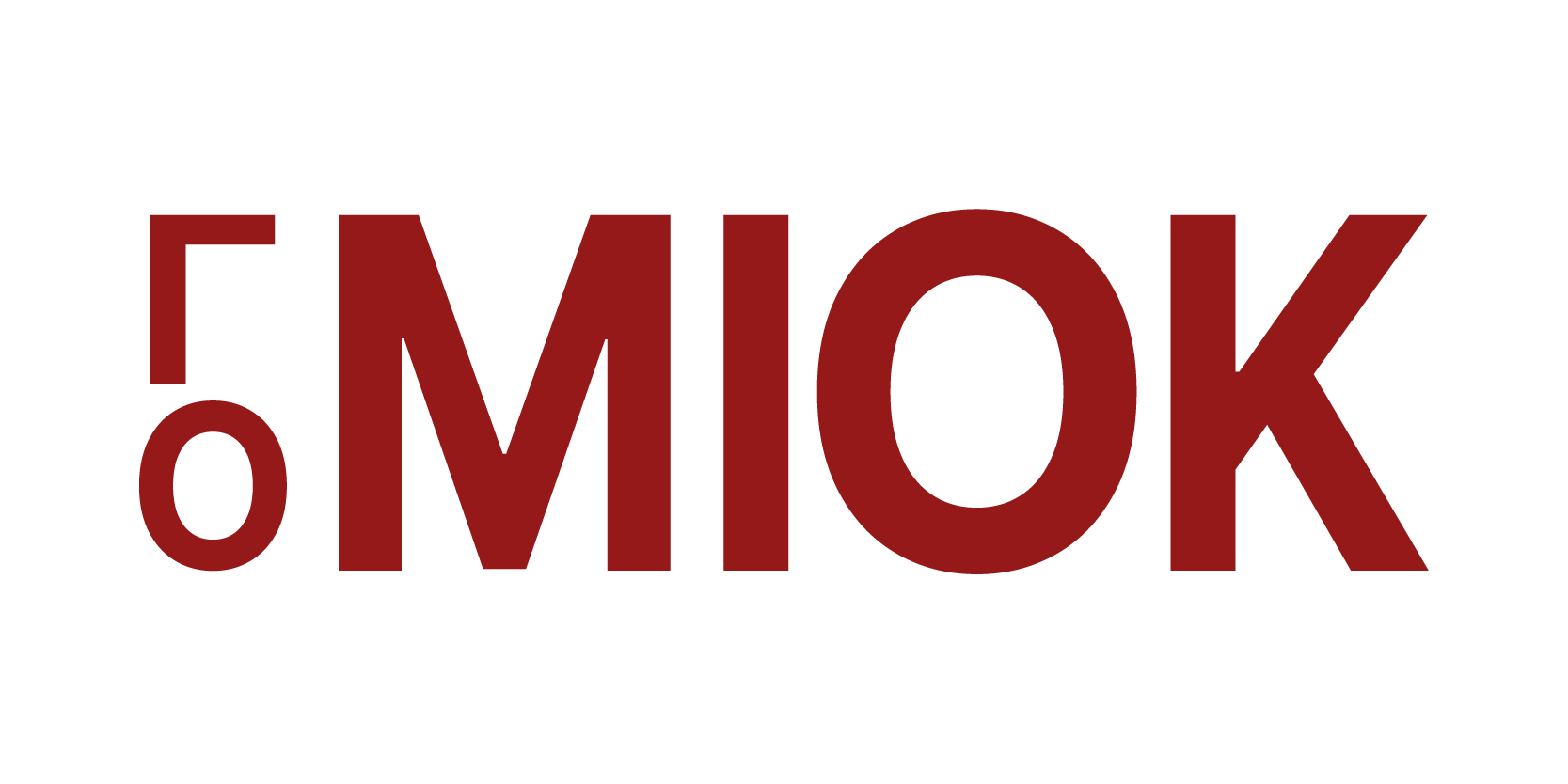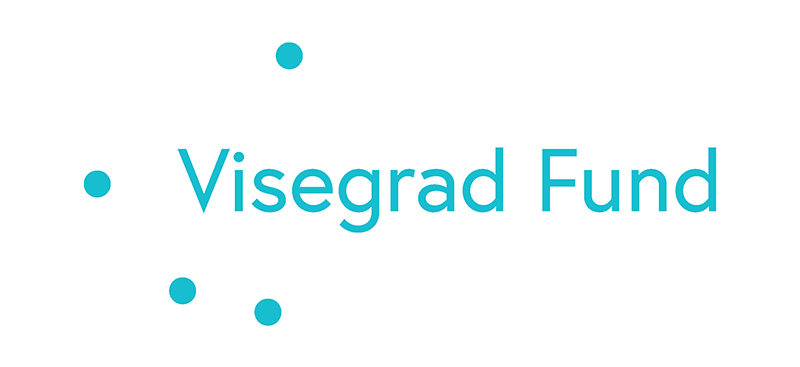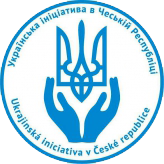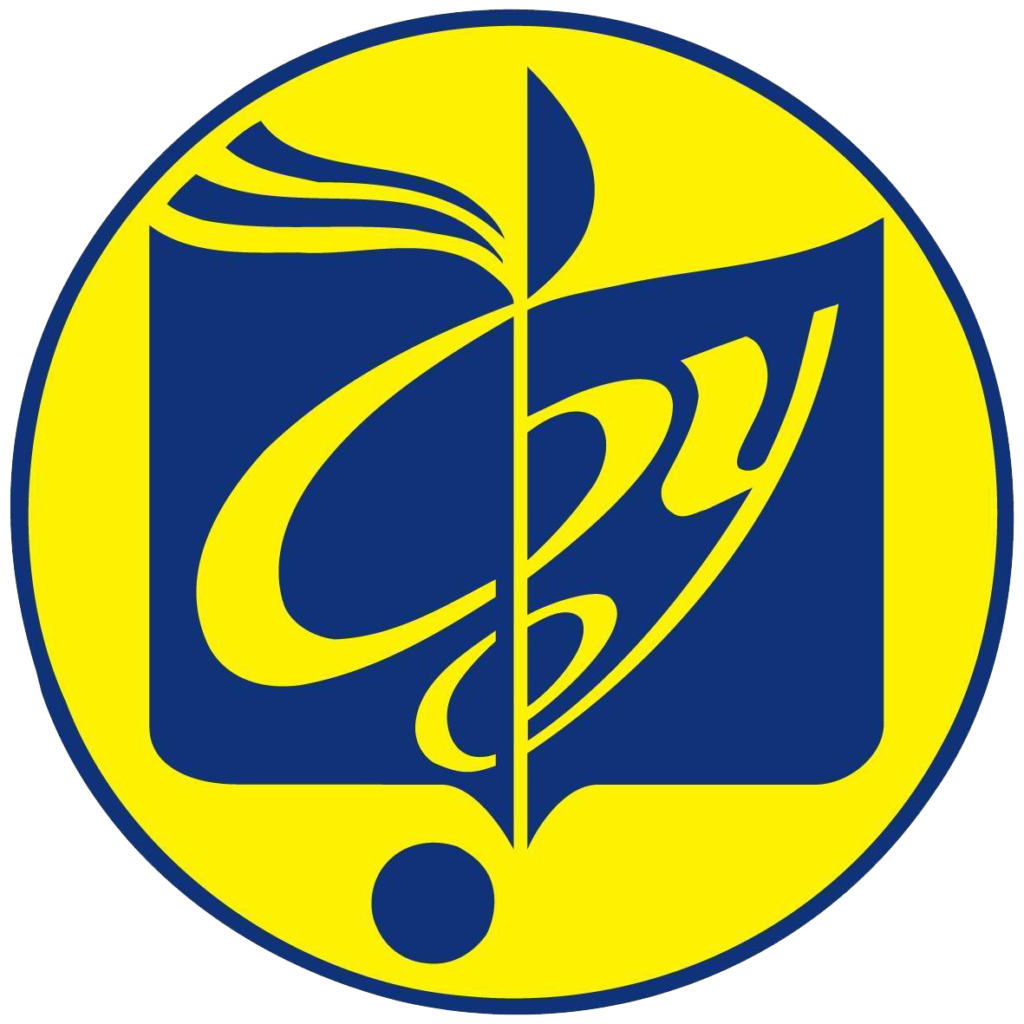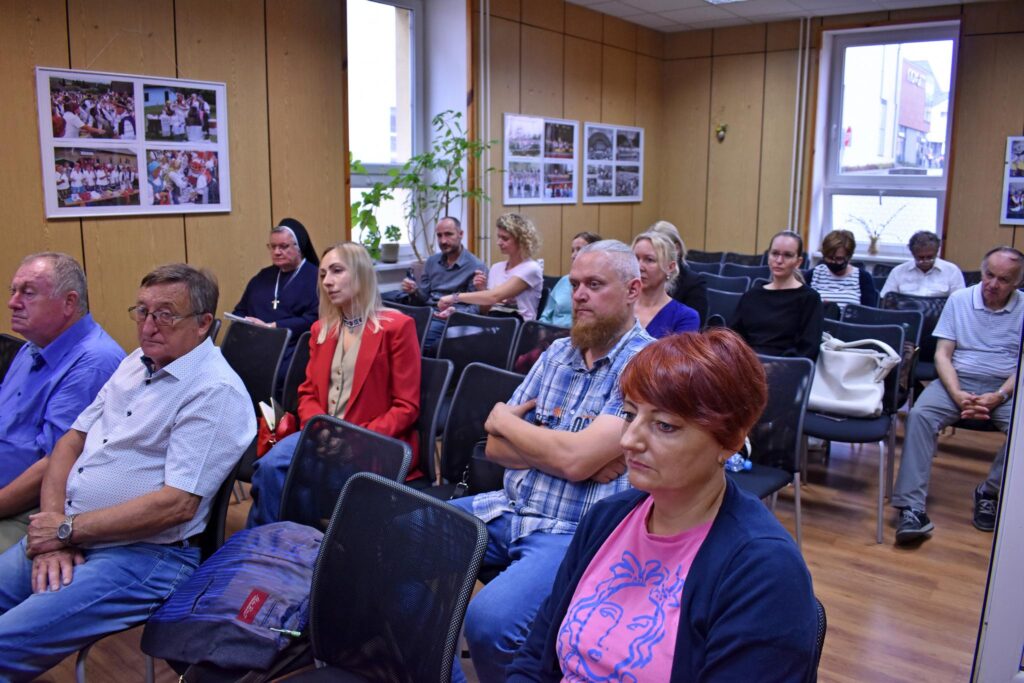
On September 10, 2024, the International Institute of Education, Culture and Diaspora Relations (IIEC), in partnership with the Union of Ruthenians-Ukrainians of the Slovak Republic (URUSR) (Slovakia), held a satiate and effective workshop in Prešov as part of the project “Best Practices of NGOs’ Cooperation with Local Authorities in Advocating the Issues of Ukrainian Refugees”, which is implemented with the support of the International Visegrad Fund. This was the third and final workshop of the project before the symposium in December. Besides Slovakia, the project partners include the Ukrainian Initiative in the Czech Republic (Czech Republic) and the UNITERS Foundation (Poland).
The meeting brought together 19 participants from 15 NGOs and Slovak local self-government bodies. Everyone had the opportunity to exchange experience of interaction in providing various types of assistance to forced migrants from Ukraine.
The key topic of the workshop is highlighting the cooperation between public associations, NGOs, state authorities and local self-government bodies in solving the problems of forced migrants from Ukraine.
The participants considered important issues within the current migration situation in the Slovak Republic, due to the beginning of a full-scale invasion of Russian troops on the territory of Ukraine. They also emphasized the need for cooperation between NGOs and local authorities, as it confirms that local authorities in Slovakia are aware of the scale of the problems and demonstrate confidence in the activities of various NGOs and their credibility.
Also during the workshop, Pavlo Bohdan, Chairman of the URUSR, presented the experience of interaction of the Union of Ruthenians-Ukrainians of the Slovak Republic with Ukrainian emigrants.
Among the issues discussed was the impact of migrants from Ukraine on the life of the Ukrainian national minority in the Slovak Republic.
The participants of the workshop held a fruitful discussion, sharing positive and negative experiences in solving various issues. The event lasted for several hours and gathered many interesting ideas and reports for a future policy paper, which should become a model that can be offered to other NGOs in Europe as a whole, in order to disseminate positive experiences.
